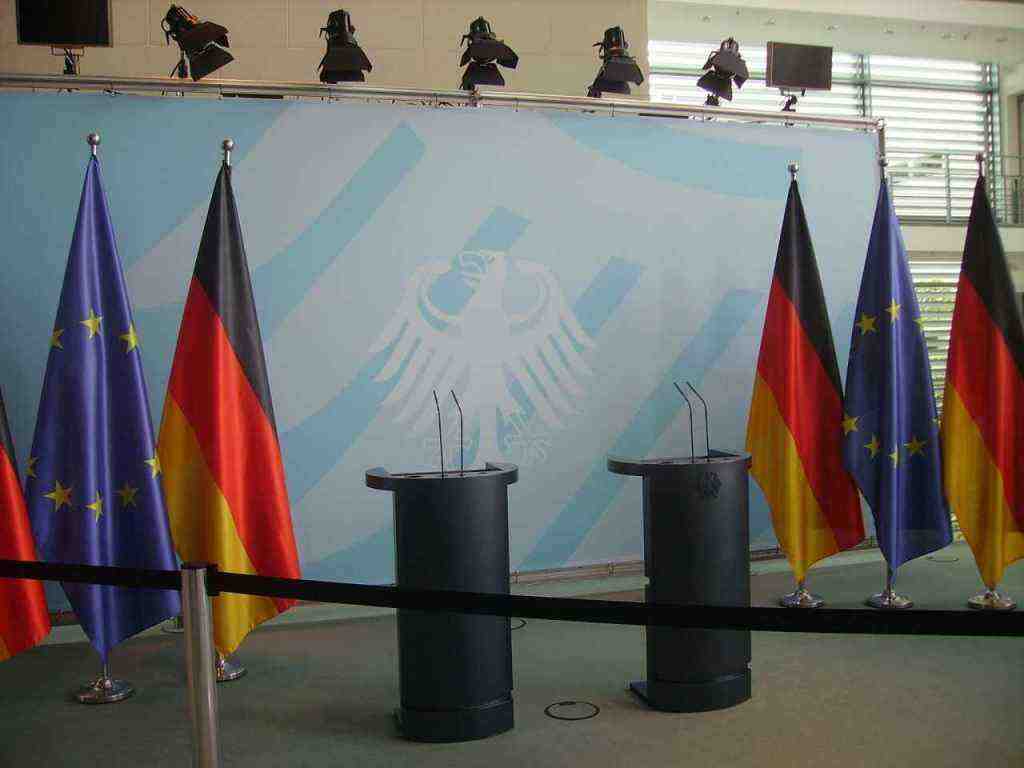Unveiling the Secret Plan: Examining the European Union’s Response to Hungary’s Obstruction
The European Union (EU) stands at a crossroads as Hungary’s persistent obstructionism threatens the bloc’s unity and objectives. This comprehensive analysis delves into the secret plan reportedly devised by Brussels officials to counter Hungary’s actions, shedding light on the escalating tensions within the EU.
Hungary’s Policy of Blackmail: A Source of Frustration
Hungary, under the leadership of Prime Minister Viktor Orbán, has repeatedly engaged in a “policy of blackmail,” according to European diplomats. This strategy, characterized by Hungary’s willingness to block crucial decisions within the EU, has drawn the ire of other member states and strained diplomatic relations.
The Unveiled Secret Plan: Targeting Hungary’s Economy
The reported secret plan seeks to target Hungary’s economy, aiming to weaken its currency and erode investor confidence. This move is intended to exert economic pressure on Hungary to reconsider its stance and align with the EU’s objectives.
a) Targeting Hungary’s Economy: The reported secret plan seeks to target Hungary’s economy, aiming to weaken its currency and erode investor confidence. This move is intended to exert economic pressure on Hungary to reconsider its stance and align with the EU’s objectives.
b) Reducing EU Funding: The document reportedly suggests that Hungary may face a freeze or reduction in EU funds if it continues its obstructionist behavior. This financial pressure would add to the economic challenges Hungary already faces.
Hungary’s Response: Defiance and Constructive Engagement
Hungary’s EU minister, János Bóka, has vehemently denied any connection between Ukraine and general access to EU funds. He asserted that Hungary would not succumb to pressure and would continue to engage constructively in negotiations.
Escalating Tensions and Frustrations
a) Heightened Frustration Among EU Member States: The EU’s patience with Hungary’s tactics has waned, leading to heightened frustration among member states. The repeated delays and blockages caused by Hungary have eroded trust and confidence within the bloc.
b) Concerns about Hungary’s Presidency: The prospect of Hungary assuming the rotating presidency of the EU in July has raised concerns among member states. The fear is that Hungary’s leadership could further hinder the EU’s decision-making process and undermine its goals.
Potential Use of Article 7: A Last Resort
a) Triggering Article 7: Some member states have proposed triggering Article 7 of the Treaty of the European Union, a provision that allows for the suspension of voting rights for a member state that persistently breaches EU values. This option is considered a last resort and remains a contentious issue due to its implications for EU unity.
b) Abandonment of Charles Michel’s Plans: The European Council president, Charles Michel, had planned to step down in July, but these plans have been shelved due to concerns that Orbán could assume the chair during the interim period. This decision highlights the gravity of the situation and the EU’s desire to avoid further complications.
Conclusion: A Delicate Balancing Act
The secret plan reported by the Financial Times reflects the deepening rift between Hungary and the EU. The economic pressure being considered against Hungary underscores the severity of the current crisis. While Hungary remains defiant, the EU faces a delicate balancing act between upholding its values and maintaining unity. The outcome of the upcoming summit on February 1 will be pivotal in determining the future trajectory of EU-Hungary relations and the stability of the bloc as a whole.
